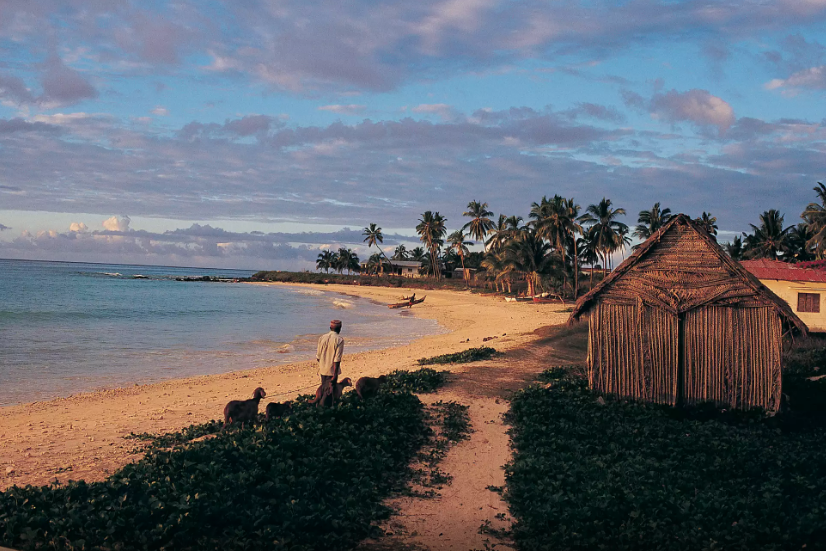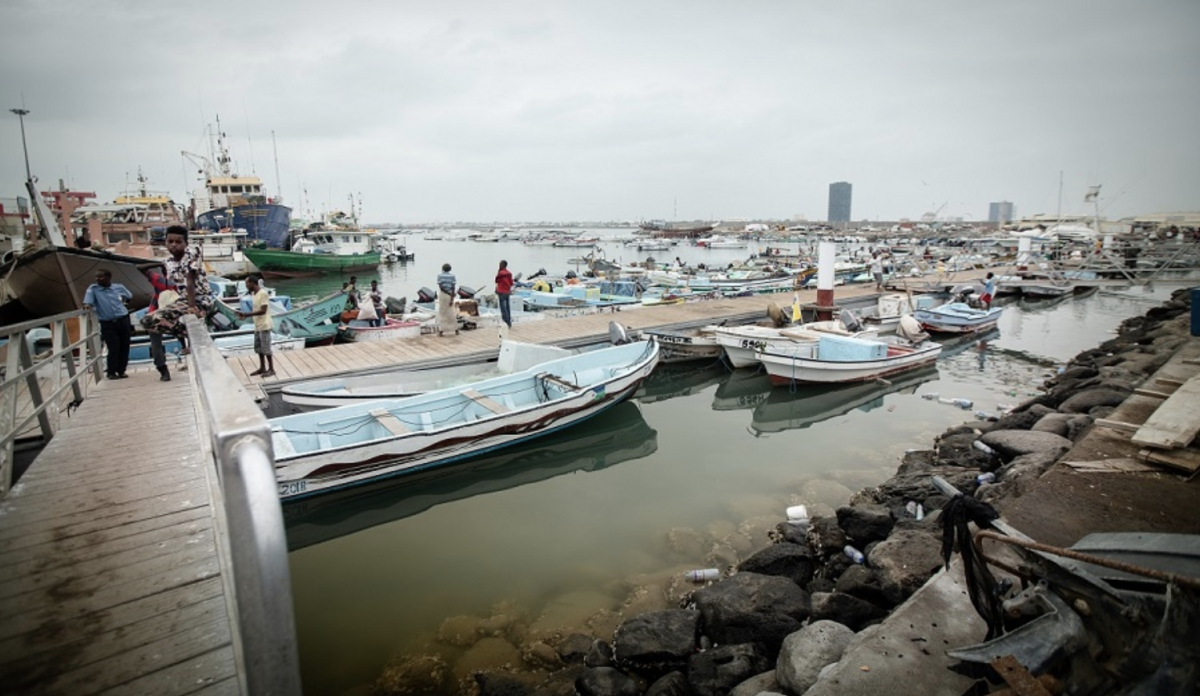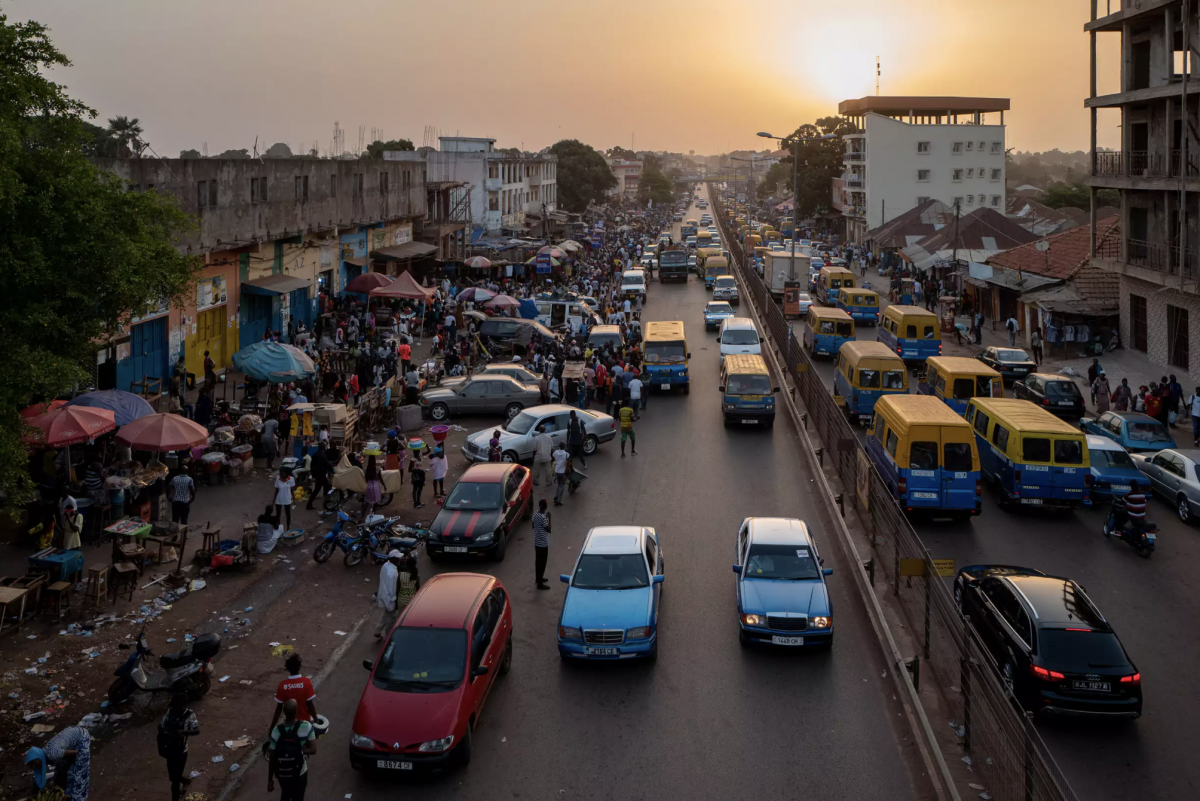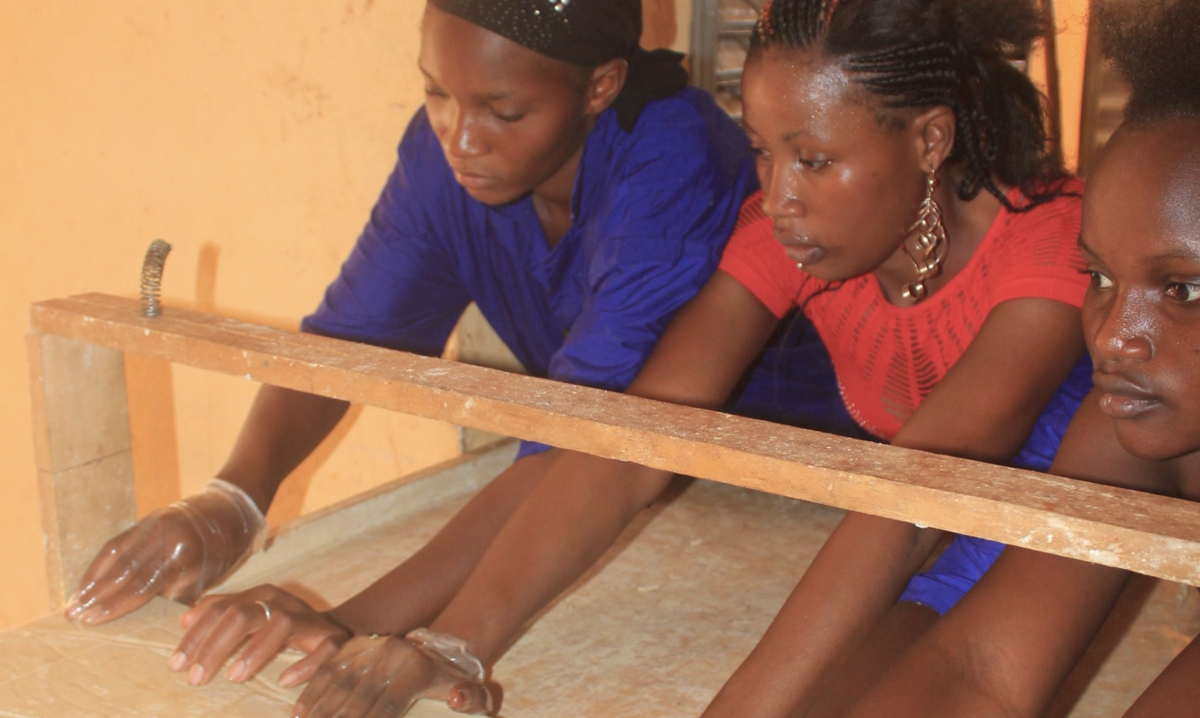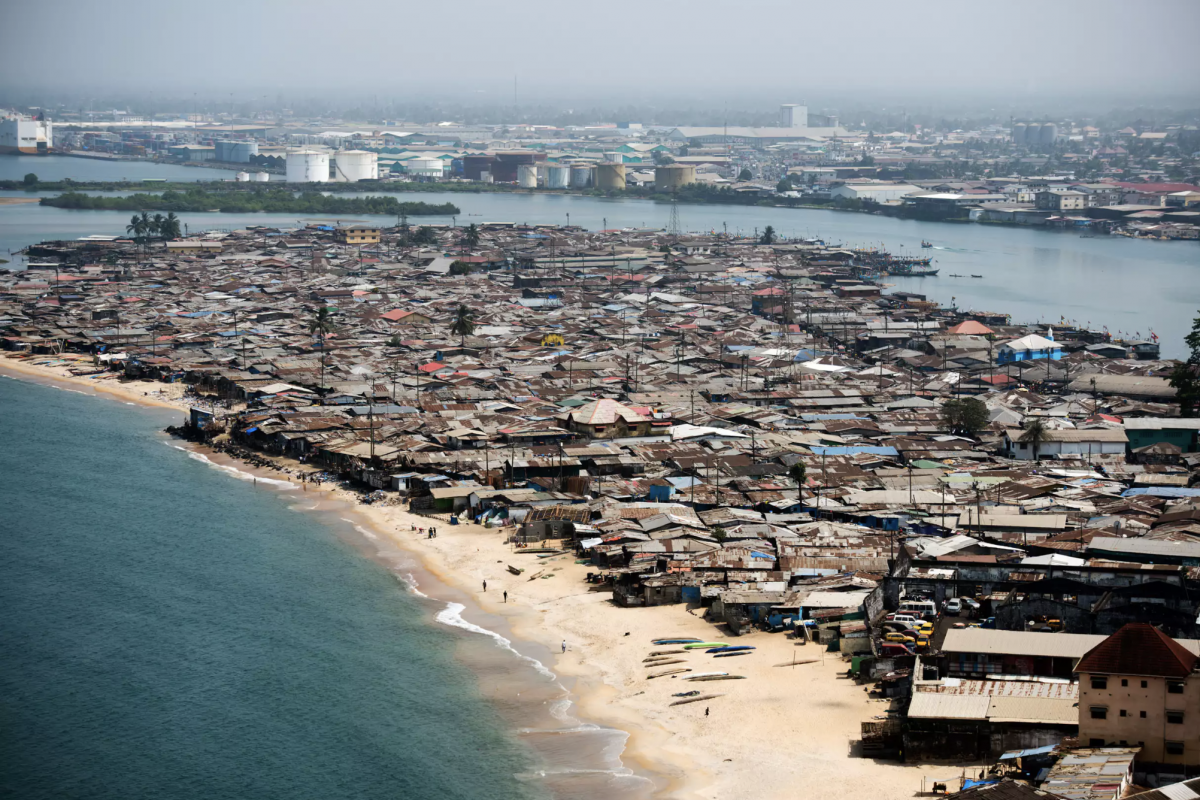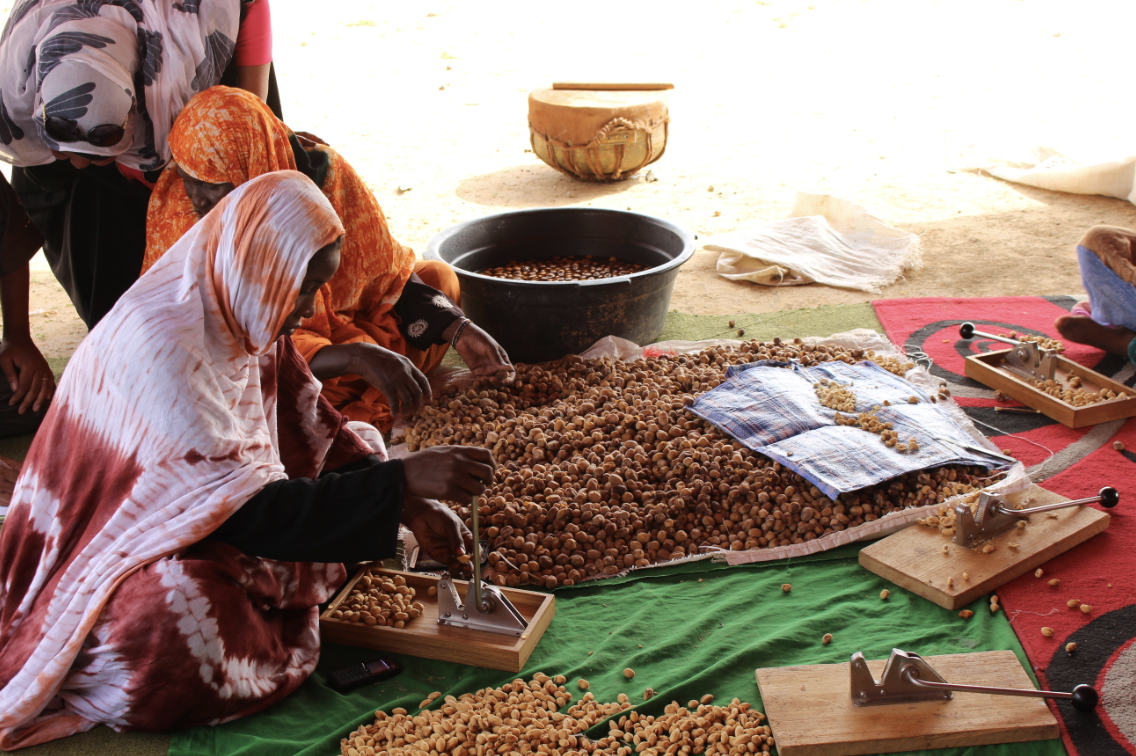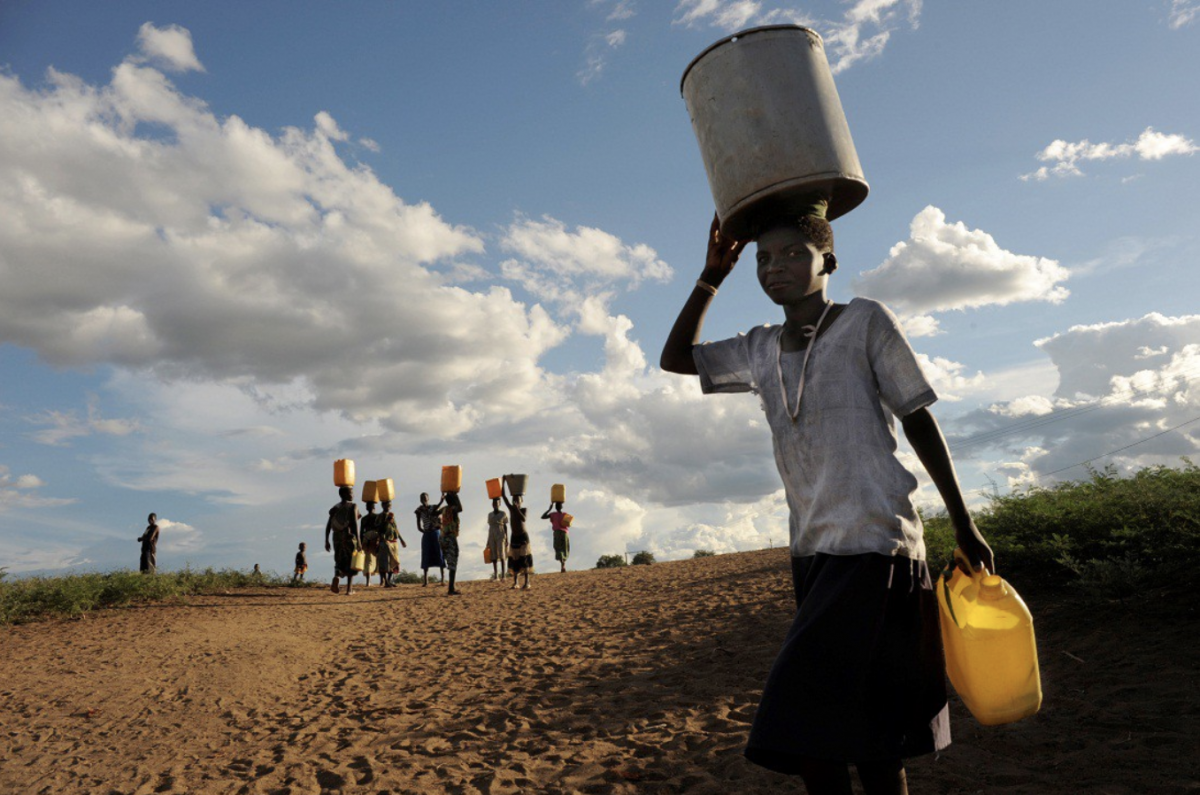Supporting Tanzania to advance their NAP process
Project Overview
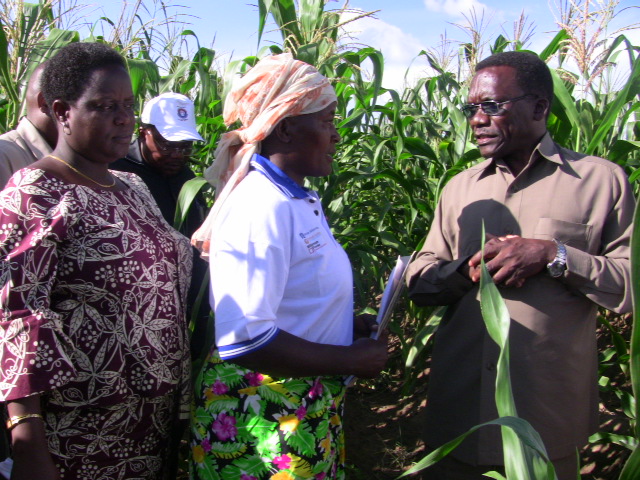
Country background, Sustainable Development Goals and Paris Agreement
The United Republic of Tanzania is one of the largest countries in East Africa. Besides its mainland, the country also includes the semi-autonomous archipelago of Zanzibar, which lies roughly 35 km off the mainland’s coast. It is bordered by Kenya and Uganda to its north, Rwanda, Burundi, Democratic Republic of Congo, and Zambia to its west, Malawi and Mozambique to its south, and the Indian Ocean to its east. Tanzania is bestowed with a relative abundant level of natural resources and has comparative advantages in the production of many crops, such as coffee, tea, maize, rice, and cashew nuts, amongst others.
In recent years, the country experienced a significant change in its climatic conditions, including increasing temperatures, rising sea levels, intensified rain fall patterns, and longer dry spells. Livelihoods and food supply are highly dependent on rainfed agriculture, which makes up around 80 percent of total agricultural output. Around 25 percent of Tanzania’s GDP is generated by the agriculture sector, which employs between 75 to 80 percent of the population. Likewise, coastal and inland fisheries are increasingly placed in jeopardy by sedimentation after heavy rains and warming ocean and freshwater temperatures.
In recent years, the government has taken necessary steps to address the adverse effects of climate change and its wider environmental consequences. The country acknowledges that successfully dealing with these issues requires a wide range of measures. Its Second National Communication to the UNFCCC (2015) presents risks and vulnerabilities for its key economic sectors - water, health, agriculture, rangelands and livestock, forestry, wildlife, tourism, and coastal and marine environment. For each sector the government has analyzed the detailed potential impacts that climate change is expected to have and has developed standard responses to counter climate variability.
Tanzania’s National Adaptation Programme of Action, the Hyogo Framework of Action 2005-2015, the Agriculture Climate Resilience Plan 2014-2019, the National Climate Change Strategy, and Zanzibar Adaptation Strategy have provided strategic entry points for the government for the initiation of its National Adaptation Planning (NAP) process. The NAP process was officially established in July 2015 with a national training for ministers that led to the launch of the NAP Roadmap. In May 2016, a national multi-sector, multi-agency NAP team with around 30 experts was formed and was supported by the institution of a NAP Secretariat based at the Vice-President’s Office, assisted by GIZ. Subsequently, capacity-building trainings and workshops for the national NAP team were conducted to ensure ownership and coordination among government agencies. A comprehensive stocktaking of climate information, vulnerabilities, capacities and gaps at national and sub-national levels has been carried out in 2017 and 2018, involving the environment officers of all 185 local councils of Tanzania.
How has the NAP-GSP supported to date?
|
Support with the NAP process and roadmap
|
The NAP process was officially established in July 2015 with a national training for ministers that led to the launch of the NAP Roadmap. In May 2016, the NAP-GSP kicked off the NAP process with an inception workshop for a two-year bilateral NAP support project funded by the German Ministry for Economic Cooperation and Development (BMZ), co-funded by USAID and implemented by GIZ. The inception was followed by the formation of the NAP Secretariat and a national multi-sector and multi-agency NAP Team of 30 experts.
|
|
Produced of a Stocktaking Report to identify entry points for the NAP process
|
A comprehensive stocktaking of climate information, vulnerabilities, capacities and gaps at national and sub-national levels was conducted in 2017 and 2018, involving the environment officers of all 185 local councils of Tanzania. Tanzania’s National Adaptation Programme of Action, the National Climate Change Strategy, and Zanzibar Adaptation Strategy have provided strategic entry points for the government for the initiation of its National Adaptation Planning (NAP) process.
|
|
Helped build capacity and awareness
|
With the support of international development partners, the government established the NAP Secretariat, hosted by the Vice President’s Office. The secretariat has supported several workshops and training events to capacitate key sectors and agencies, as well as its NAP Team. To increase awareness amongst stakeholders and ensure government ownership, the team conducted awareness raising events and engaged all 185 councils, both in Tanzania mainland and Zanzibar.
|
News
UNDP disburses 1.3bn/- for climate change adaptation projects - 18 May 2017 - The United Nations Development Programme (UNDP) recently disbursed 1.3bn/- to six NGOs to help vulnerable local communities to mitigate the effects climate change through solar power solutions.
UNDP Facilitates NGOs Proposal Writing Workshop on Gender, Climate Change and Energy in the Context of SDGs - 2 November 2016 - The UNDP Tanzania’s Environmental Sustainability, Climate Change and Resilience pillar recently held a proposal-writing workshop with the aim of capacitating NGOs to integrate gender and SDGs.




